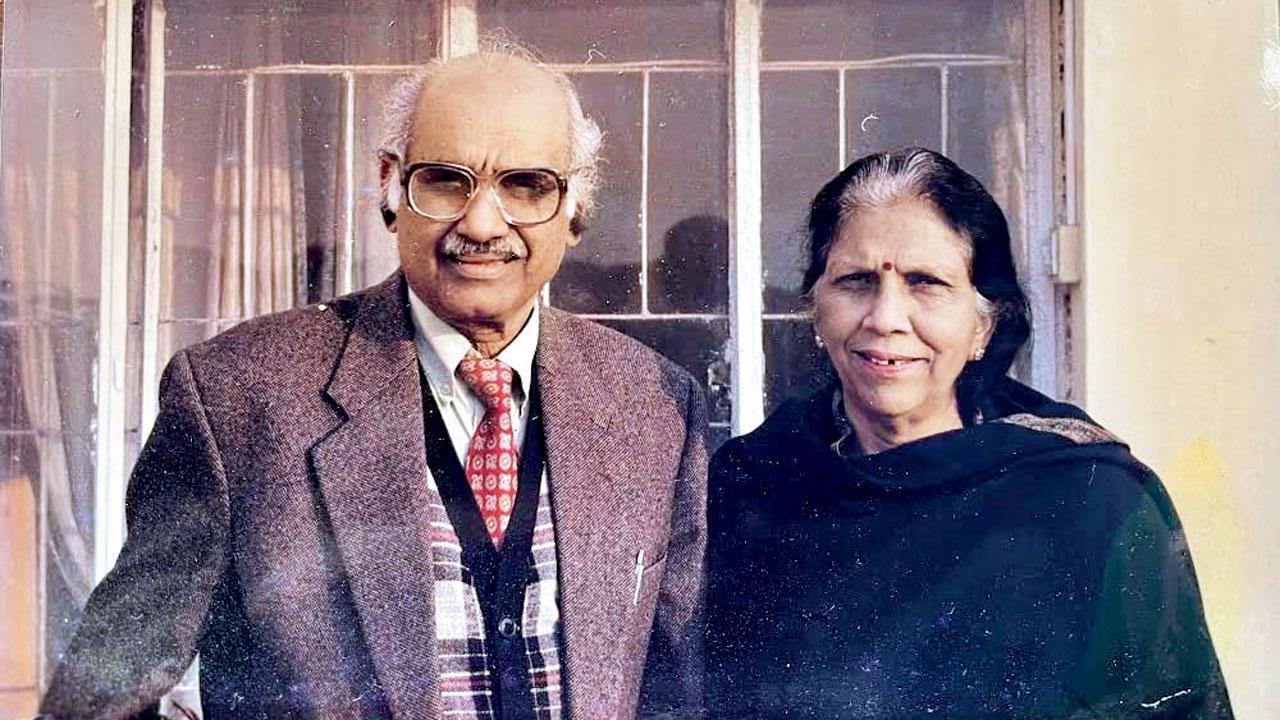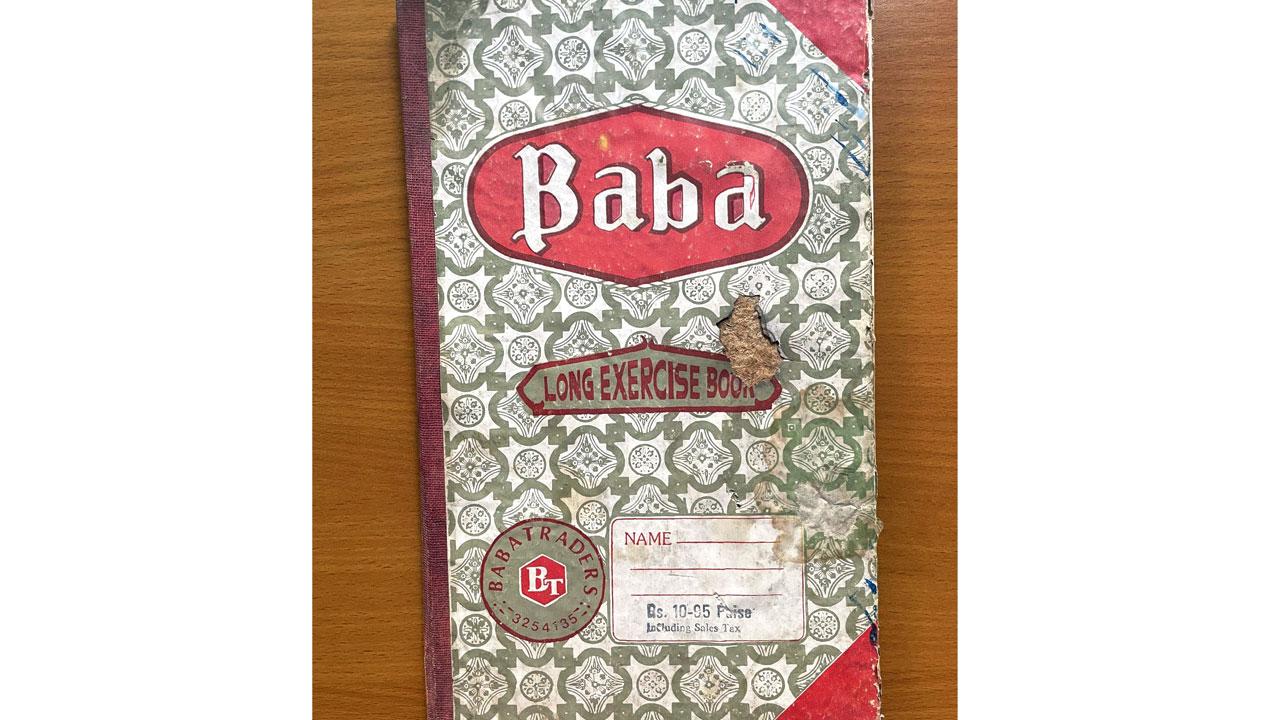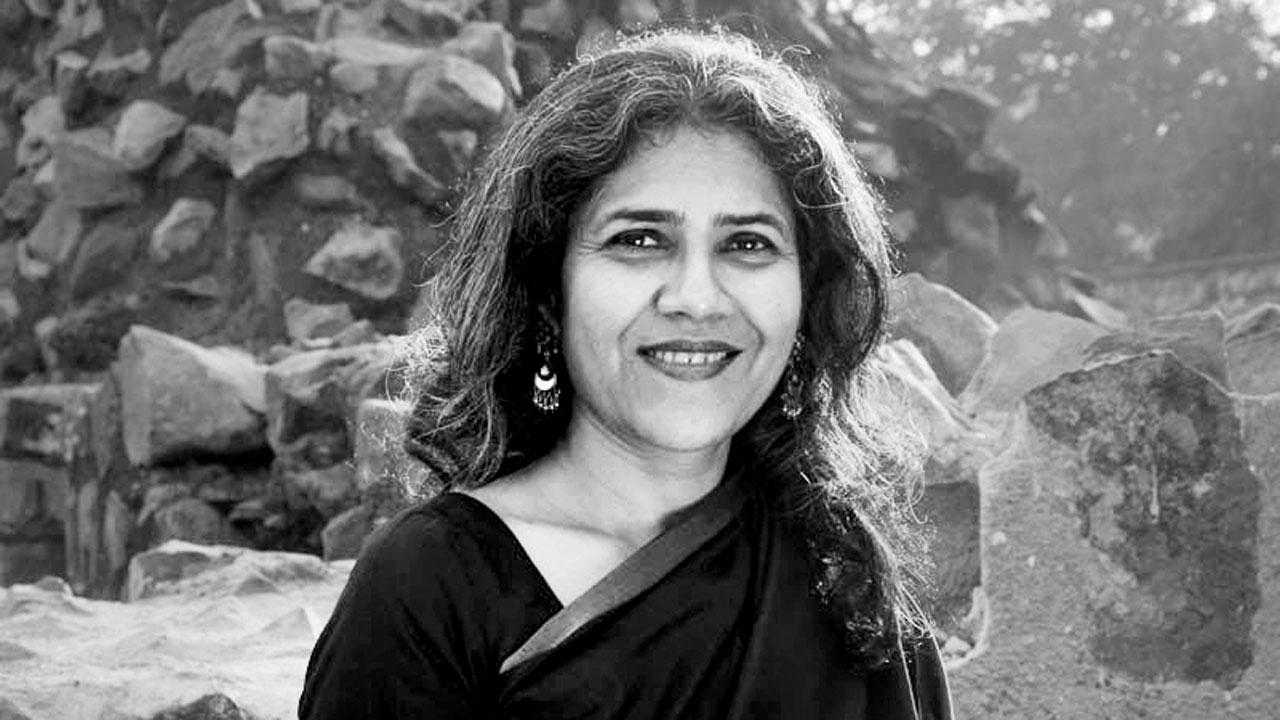Senior journalist Seema Chishti’s new book is a powerful confluence of an interfaith love story and simple hand-me-down recipes

Chisti’s parents, Anees and Sumitra, were both first-generation migrants to Delhi. “Unlike me, my mother took great interest in the kitchen, as did my father and they were very hospitable people too,” she says
Recipes of three types of rasam sit beautifully between a dal palak and dahi kadhi. There’s Karnataka-style mutton kofta juxtaposing the shami kabab. Space is alotted to the rarely discussed pasanda, a UP meat speciality that relies on skill of the butcher to give you boneless, flattened meat pieces. These are simple recipes from Karnataka and Uttar Pradesh, belonging to both Hindu and Muslim traditions, Kshatriya and Syed, vegetarian and non-vegetarian.
ADVERTISEMENT
Sumitra and Anees: An Indian Marriage—Tales and Recipes from a Khichdi Family (HarperCollins India) is journalist-editor Seema Chishti’s latest project. Laced with sepia-tinted nostalgia, the book tells you India’s story through the food of Chishti’s home as it explores the culinary traditions of two families belonging to different faiths and regions. And yet, it’s not your regular recipe book.

The first three sections are about Chishti’s father, Anees, born in 1940 to a Syed Muslim family in Deoria, Uttar Pradesh, who later arrived in Delhi as a statistician and worked as a journalist. Her mother, Sumitra, who was born in Arsikere (Hassan district of today’s Karnataka), in 1933, to a Shaivite woman and Vaishnavite man—an unusual union in those days.
As Chishti believes, food history is serious history and sometimes the best way to tell the larger story. “Like the ingredients that make it, food crossed cultural boundaries centuries before the word ‘globalisation’ entered our lexicon,’ she writes in the book. Her parents were both first-generation migrants to Delhi. This was the late 1960s, and Sumitra, a working mother like many of her time, found herself being in charge of the kitchen, growing a few herbs and ingredients in pots, especially the curry leaf and mint. ‘Ingredients, too, were different then—the whole turmeric as a root was used more as there was no turmeric powder easily available, coconut milk had to be pressed and extracted from fresh coconuts, and the texture of the masala, hand-ground, was different from what the blender yielded.” she writes in the book.

An old longbook in which Sumitra wrote down recipes for her daughter, Seema
Chishti tells Sunday mid-day, “In marriages which bring people from different cultures together, kitchens are important of places, where different lives express themselves as sweet, sour and spice—different tadkas and techniques of making food make life more interesting, as they did in my case too. The myriad possibilities of what’s cooking today were itself exciting. Unlike me, my mother took great interest in the kitchen, as did my father and they were very hospitable people.” She is referring to her parents, and perhaps even her current household. Chishti is married to veteran politician and CPI-M general secretary, Sitaram Yechury.
Why did she decided to write the book now? Chishti says that much of it has to do with where India finds herself. “When talk of separation, of demonising Muslims—for their food, and ways of living—as alien and un-Indian, when history books began to be changed to take their significance and presence away from India, it became important for me to share a slice of real, lived history. The laws in at least eight states virtually criminalise marriage between Hindus and Muslims, especially between a Hindu woman and Muslim man. Telling a story such as this became morally imperative,” thinks Chishti.

Seema Chishti
But, she is optimistic that her idea of India still does exist. “That explains the concerted attack on it. No doubt, the push to demonise those that live or accept differences, is very hard. Layered, like a biryani, khichdi or as author Tony Joseph puts it, like ‘pizza toppings’, several layers [of Indian society] continue to stay and make our beautiful land.”
Mutton Pasanda
Ingredients
500 gm mutton cut into pasanda pieces (flat and battered)
½ small green (raw) papaya
1½ tbsp of cooking oil
4 cloves
4 small cinnamon sticks
2 large onions
1 pod of garlic
1 medium-sized ginger
½ tbsp poppy seeds
2 tbsp curd
Salt to taste
Preparation
Cut onions into small pieces and divide into two equal halves. Grate the garlic, ginger and papaya. Roast the poppy seeds on a tawa for 3-4 minutes and make a dry powder of it, set it aside. Take half of the onions and the other masala items, including papaya, and make a paste. Wash the mutton. Mix the masala paste, salt and curd and leave it to marinate for six hours.
Take the pressure cooker, add oil, and heat it. Put the remaining onions in and fry nicely. Add the marinated mutton along with ground poppy seeds and fry for 10 minutes. (If necessary, cook the mutton in the pressure cooker for 10 minutes). Open the lid of the pressure cooker and continue to cook and dry the mutton. After it dries, put in green coriander leaves.
I recommend roasting cumin seeds by frying on a tawa and then making a dry powder out of it. Sprinkle it on the pasanda while serving.
 Subscribe today by clicking the link and stay updated with the latest news!" Click here!
Subscribe today by clicking the link and stay updated with the latest news!" Click here!







